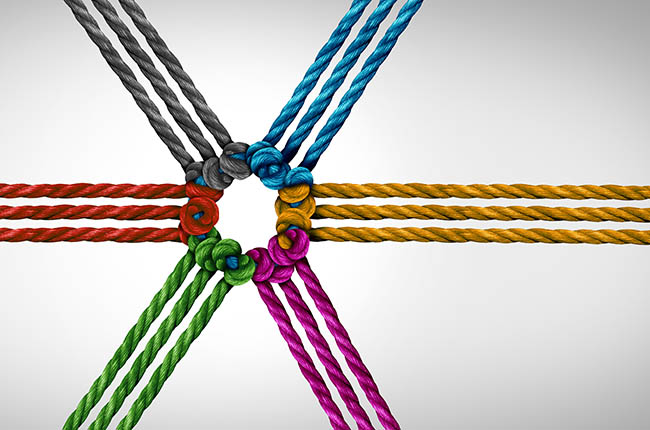
Working together to help measure dysarthria
Annette Dancer is a stroke survivor. Here, she explains what’s happening to ensure the views of people with dysarthria are considered in research projects.
STROKE – A benign word meaning gentle and loving caresses.
STROKE – A devastating word meaning acquired brain injury and life changing disabilities.
STROKE – An oxymoron if ever there was one.
Not that I can say ‘oxymoron’, because stroke left me with the tongue-tying condition of dysarthria (difficulty forming words).
(Rhetorical question – Why are speech conditions given unpronounceable names?)
At the moment, there is no ‘across the board’ method for assessing dysarthria.
However, there’s a collaboration between researchers in Britain and Australia with the joint aim of developing a set of core outcomes, which will become the standard of how dysarthria can be measured internationally.
As part of this collaboration, the British team have brought together researchers and people with dysarthria to create HEARD (Healing, Empowerment and Recovery from Dysarthria).
HEARD is working to support this research to make sure that what is measured in research and clinical practice considers what is important to people with dysarthria.
This may include the physical, psychological and social aspects of life for people with dysarthria.


0 Comments